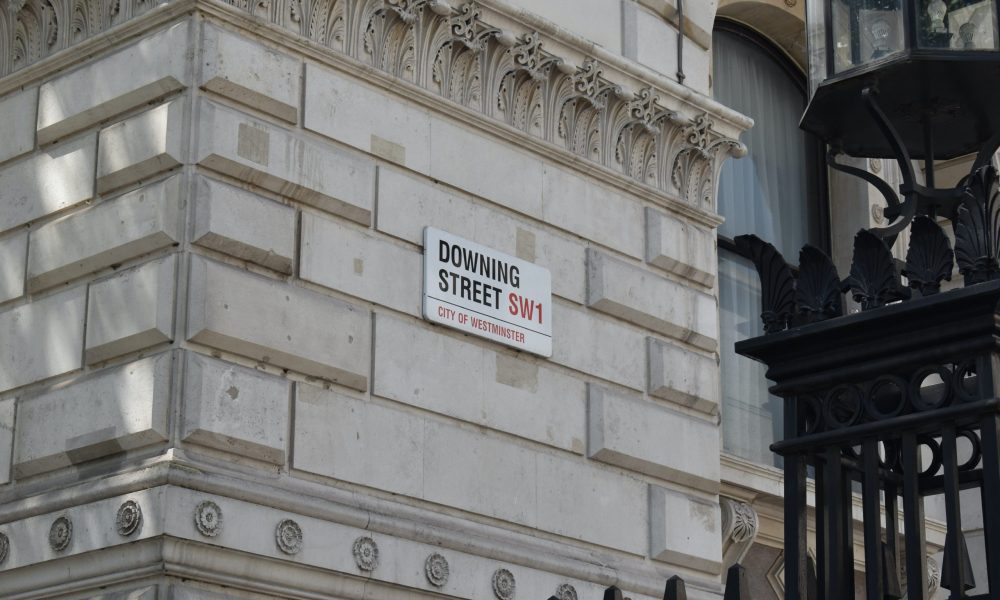These days it seems that anything politicians do shouldn’t surprise us, but the decision to impose Vehicle Excise Duty (VED), or car tax as we tend to call it, was a development most of us didn’t see coming. To say we were caught on the blind side of this is something of an understatement, a little like claiming that a Ferrari is slightly expensive. Perhaps the main reason for the level of shock is more to do with timing than anything else.
In recent years, we’ve become accustomed to being persuaded to switch from gas-guzzlers to more sustainable vehicles. Whether that means electric, hydrogen or a combination of both, we’ve been told time and time again that changing is a non-negotiable imperative. Given how much damage has been done by the use of petrol and diesel over the years, it’s no surprise at all to see governments, local authorities and the automotive industry doing all they can to offer encouragement and incentives to change our ways.
And now, all of a sudden, the UK’s government has come up with what will surely be a disincentive to that strategy. There are several reasons to say this is the right thing to do, but whether the timing is right is another matter altogether. The switch to EV ownership in the UK has gone from a drip to a trickle and then on to a flow in recent years, but before it ever got the chance to become a torrent it’s likely to go back to a trickle once again. For those looking to change public opinion about electric cars, the day of this announcement was a dark one indeed.
Despite all the understandable criticism from environmental groups, and there has been plenty of that, it should be noted that at some point the government was bound to impose some form of vehicle duty. Much of the money collected from VED is directly or indirectly used for the upkeep of roads, the provision of signage, the management of projects and the like. With more and more people ditching their fossil-fuel cars in favour of electric vehicles, the government’s coffers were starting to suffer.
An unsurprising development at a very surprising time
And when that happens, a change in taxation will inevitably result. You can call it underhand, you can accuse the powers that be of moving the goalposts, but this was always going to happen sometime. It’s the timing itself that is perhaps the only surprise. In an ideal world, the government would maybe have waited another two or three years, but that hasn’t been possible. We’re in the midst of a severe economic crisis, the next decade is going to be extremely difficult, and when the books needed balancing something had to give.
Chancellor of the Exchequer Jeremy Hunt, the fourth Chancellor of 2022, incidentally, took the decision to start imposing tax on EVs from 2025 onwards. The fact that it was included in his November budget meant the announcement had perhaps less of an impact on the public than it would otherwise have had. Sandwiched in between headlines about income tax, pensions, welfare benefits and National Insurance, the news about the EV duty went under the radar, like a limbo dancer passing beneath a coffee table. In Lilliput.
Incidentally, this week of all weeks is the anniversary of the ultimate ‘going under the radar’ story. On November 22 1963, US President John F. Kennedy was assassinated in Dallas. On the same day, British novelists Aldous Huxley, Anthony Burgess and C. S. Lewis all died. Amid the dramatic headlines pinging around the world about the assassination, the global legacy of Kennedy, the theories surrounding his demise and the effects on the future of the Cold War, the deaths of these great writers barely generated a column inch of news. Many of their friends didn’t even know they had died, and found out many weeks later. So next time you read Brave New World (Huxley), A Clockwork Orange (Burgess) or The Chronicles of Narnia (Lewis), spare a thought for announcements that kind of creep up on you.
A little like that tax you’re going to be paying soon for your electric car. Happy motoring!
The automotive sector is one of the most important of all in the UK, and here at Rose Media Group we take a keen interest in all relevant developments. We’ve been offering top quality B2B PR to a wide range of clients ever since Aneela Rose founded the company in 2004.










